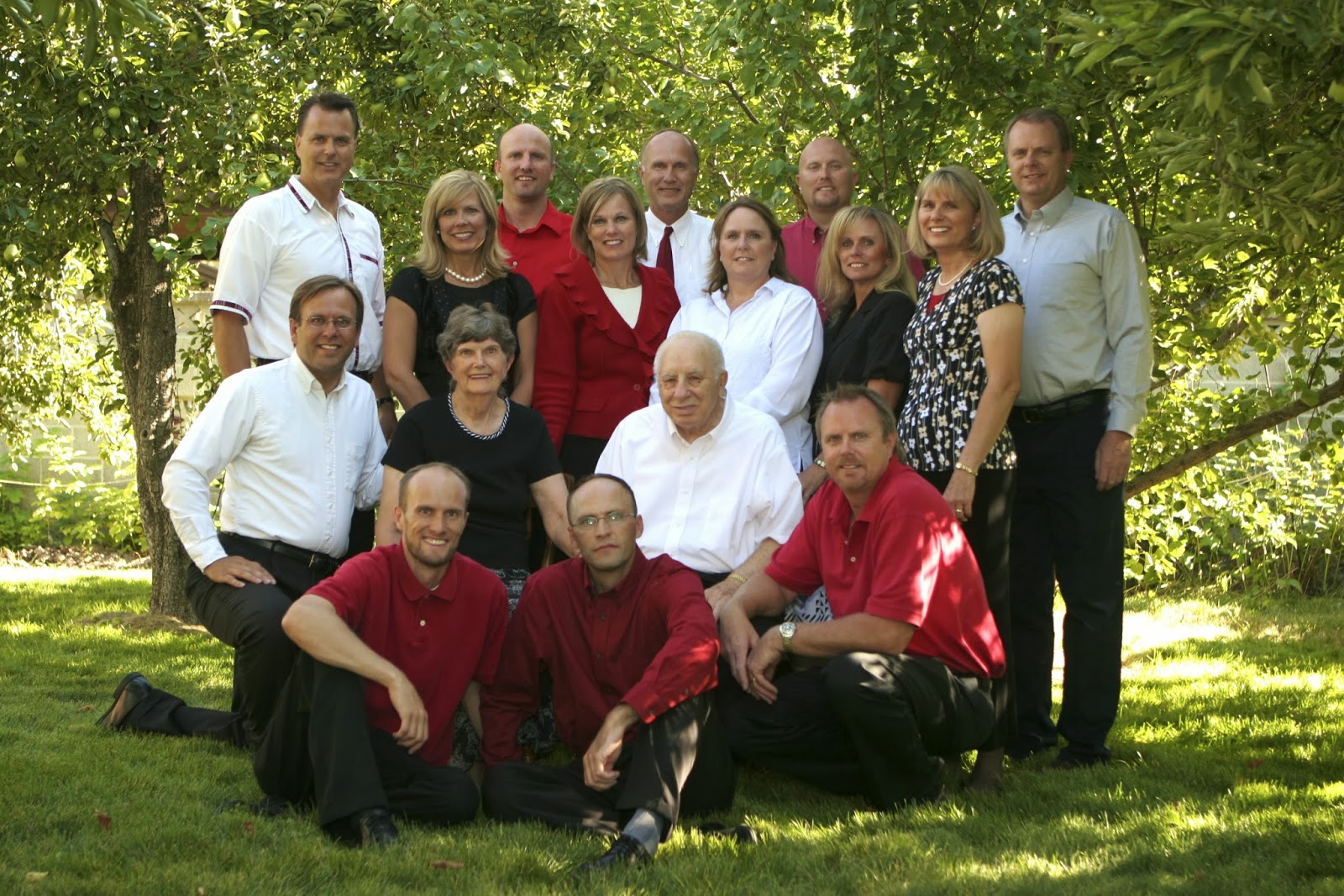Do You Speak Math?
My surname is not complex. Newton. Two easily recognizable syllables. Nevertheless restaurant hosts, call center operators and others regularly misspell or mispronounce the name. I often see Nuton, Knudsen, Nelson, and on one occasion Gnuslin. I could simply spell the name so that they had it correctly, but instead I have developed the habit of mentioning one of the two most famous Newtons that have influenced our planet.
Some people immediately understand the mistake when I reference the Fig Newton. "Aha!", they proclaim in the mini-Eureka moment, "Newton, like the cookie." I assure them that like Girl Scout cookies, Fig Newtons are in fact made with actual Newtons. As a side note, that connection to the cookie irritates my father to no end, but I think everyone else is grateful for the societal saturation of the delectable treat to help people understand our last name.
Others correct the confusion more quickly with a reference to the great mathematician, Isaac Newton. Invariably the response is less energetic, more thoughtful and reserved, "Right, Newton. Gravity." I have yet to discover a direct ancestral link to the most well known of all of the Newtons and it appears that he had no children. Nevertheless his calculations and equations have helped direct and shape humanity and the understanding of our world and universe and to clarify my surname.
When we speak and people do not understand we resolve the confusion in one of a few ways. We speak more clearly, we explain with more detail, or sometimes we have to interpret to another language because the listener can hear but does not understand. Because we speak with people who generally understand our language, an interpreter is usually unnecessary. We typically only require to employ greater clarity in our pronunciation or perhaps relate what we are saying to an experience or a generally shared understanding.
From that springboard, I suggest that we move mathematics to the foreign language departments of our schools and universities. While math teachers use English words, and sometimes Greek, mathematics represents a foreign language in and of itself. Great mathematics teachers know so much more than the equations and possess more than the patience to repeat the steps sufficient times so that memorization and rote repetition develop the skill to replicate those steps in a testing environment. How many of us are fluent in mathematics? I am not.
I happily put in a plug for khanacademy.org. I could completely misunderstand their focus and mission but I believe that they treat mathematics as a foreign language that when taught properly the whole would could learn how to speak. I have realized as I have worked through their reviews that while I can do well on a math vocabulary quiz, I lack mathematic fluency and I certainly do not speak the binary dialect. But with proper training and a basic instruction in math grammar and syntax, we might rid math classes everywhere of the question, "When will I ever use this?"
Some people immediately understand the mistake when I reference the Fig Newton. "Aha!", they proclaim in the mini-Eureka moment, "Newton, like the cookie." I assure them that like Girl Scout cookies, Fig Newtons are in fact made with actual Newtons. As a side note, that connection to the cookie irritates my father to no end, but I think everyone else is grateful for the societal saturation of the delectable treat to help people understand our last name.
Others correct the confusion more quickly with a reference to the great mathematician, Isaac Newton. Invariably the response is less energetic, more thoughtful and reserved, "Right, Newton. Gravity." I have yet to discover a direct ancestral link to the most well known of all of the Newtons and it appears that he had no children. Nevertheless his calculations and equations have helped direct and shape humanity and the understanding of our world and universe and to clarify my surname.
When we speak and people do not understand we resolve the confusion in one of a few ways. We speak more clearly, we explain with more detail, or sometimes we have to interpret to another language because the listener can hear but does not understand. Because we speak with people who generally understand our language, an interpreter is usually unnecessary. We typically only require to employ greater clarity in our pronunciation or perhaps relate what we are saying to an experience or a generally shared understanding.
From that springboard, I suggest that we move mathematics to the foreign language departments of our schools and universities. While math teachers use English words, and sometimes Greek, mathematics represents a foreign language in and of itself. Great mathematics teachers know so much more than the equations and possess more than the patience to repeat the steps sufficient times so that memorization and rote repetition develop the skill to replicate those steps in a testing environment. How many of us are fluent in mathematics? I am not.
I happily put in a plug for khanacademy.org. I could completely misunderstand their focus and mission but I believe that they treat mathematics as a foreign language that when taught properly the whole would could learn how to speak. I have realized as I have worked through their reviews that while I can do well on a math vocabulary quiz, I lack mathematic fluency and I certainly do not speak the binary dialect. But with proper training and a basic instruction in math grammar and syntax, we might rid math classes everywhere of the question, "When will I ever use this?"


Comments
Post a Comment
Thank you for keeping your comments positive and helpful..